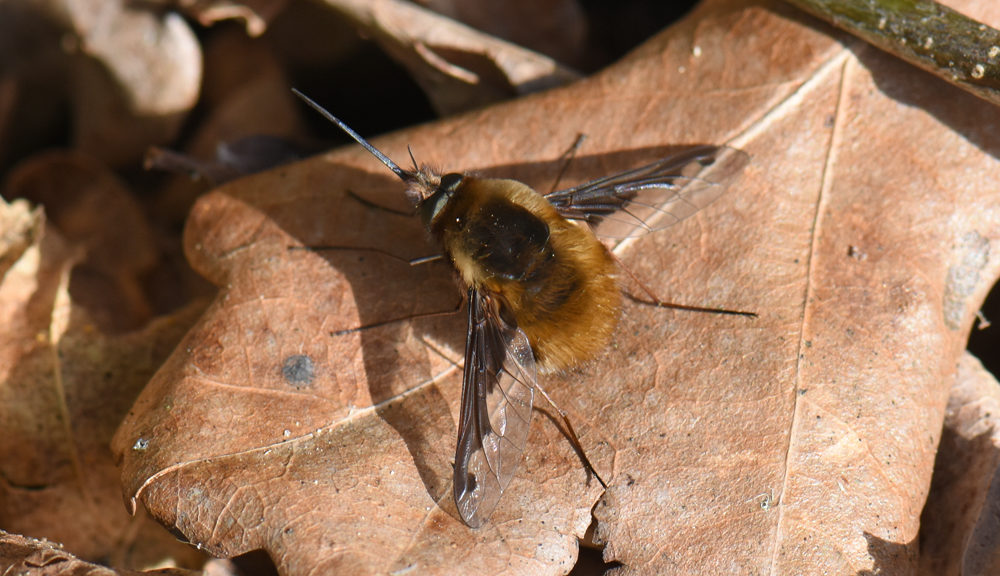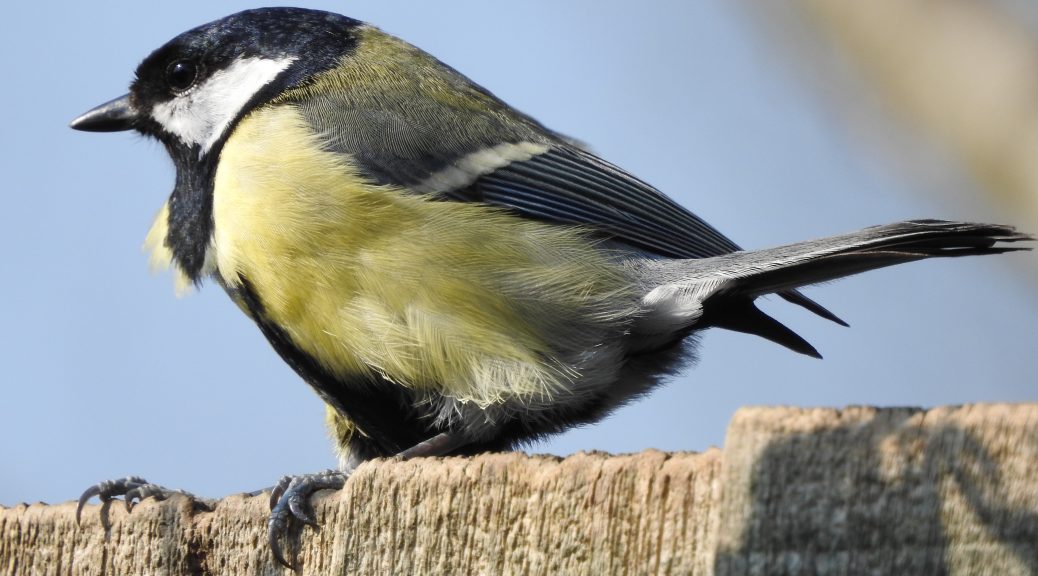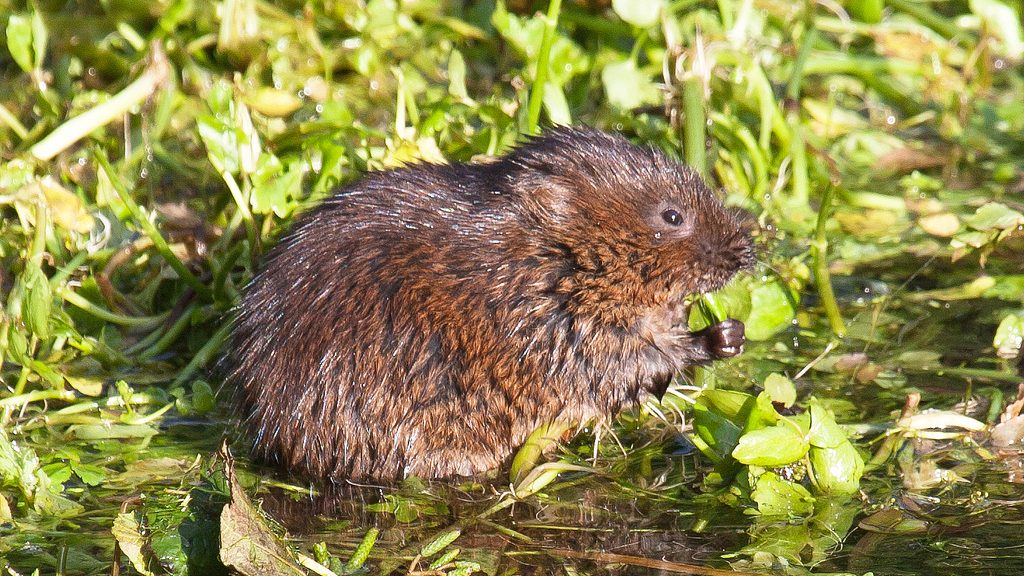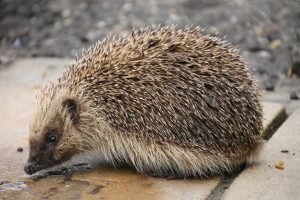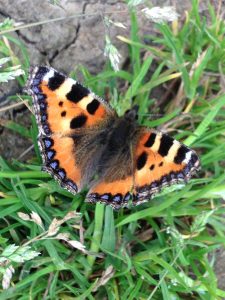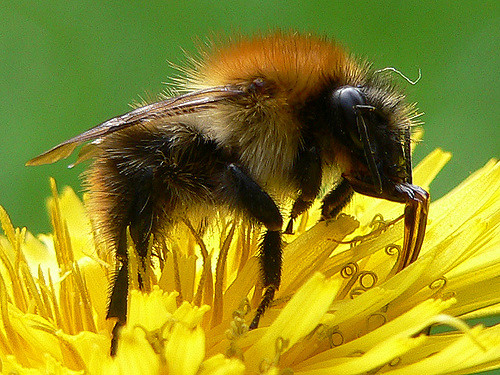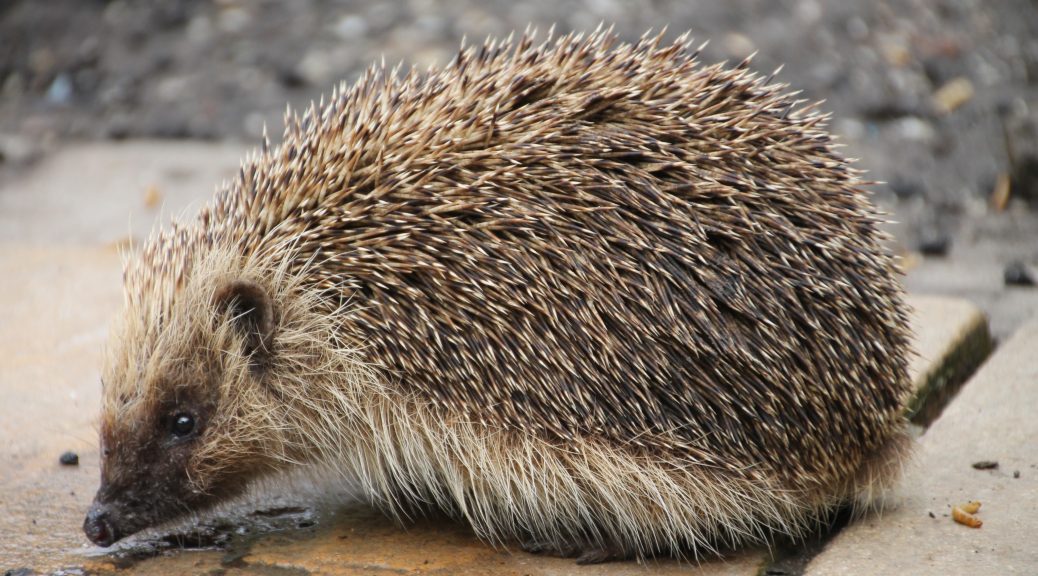The Guardian, and iNNewsreport a new app that tracks bug splats on car number plates will enable UK citizen scientists to help shed light on the worrying decline of insects.
Older drivers will remember scrubbing large numbers of splatted insects from windscreens after journeys in past decades. But a 2019 study that analysed car registration plates after trips in Kent found a 50% fall in splatted bugs compared with 2004.
The charity Buglife has now launched the free Bugs Matter app to enable people to collect valuable data. Users start by cleaning their number plate before a journey, which is then tracked by the app to collect location and time data.

